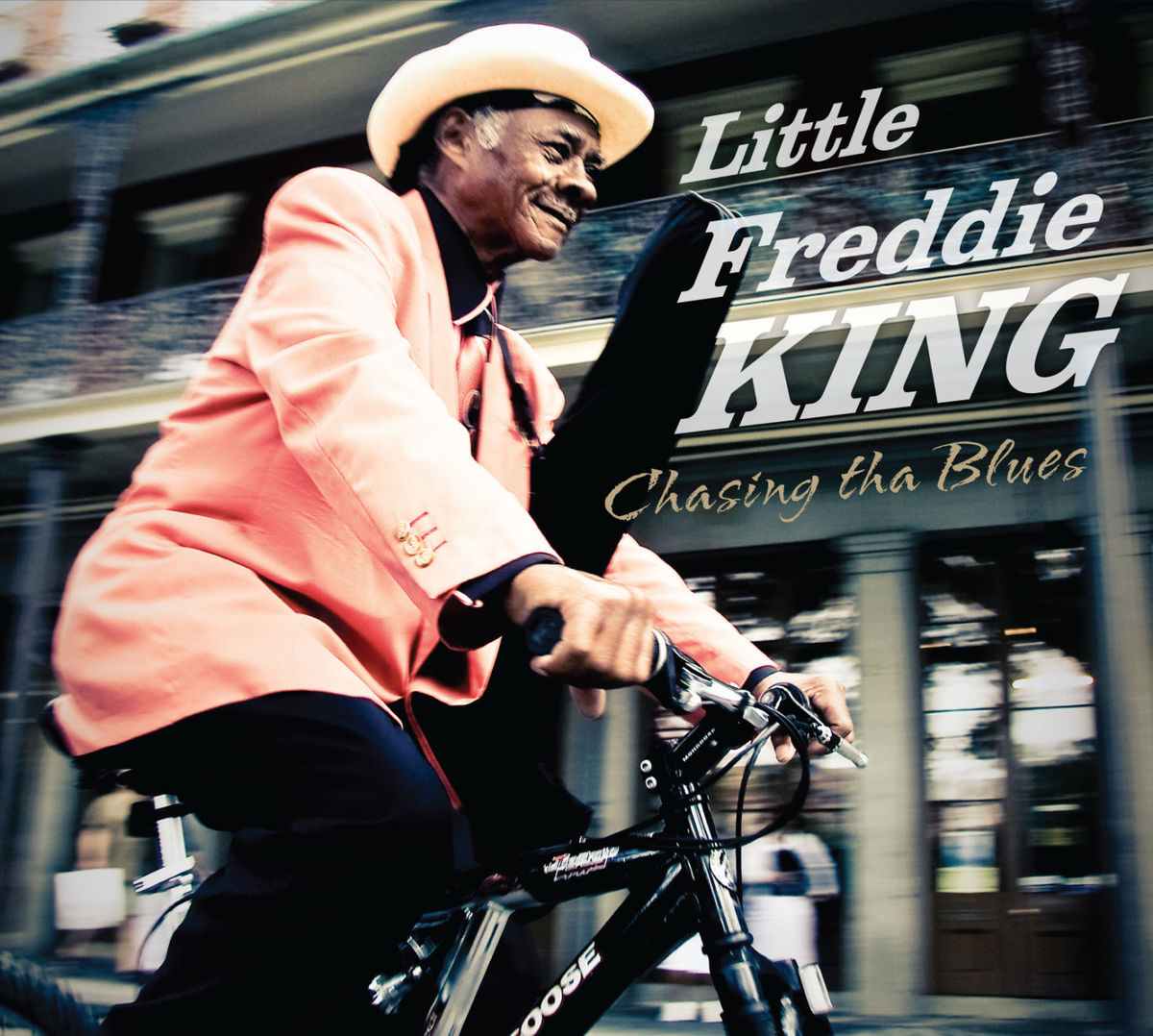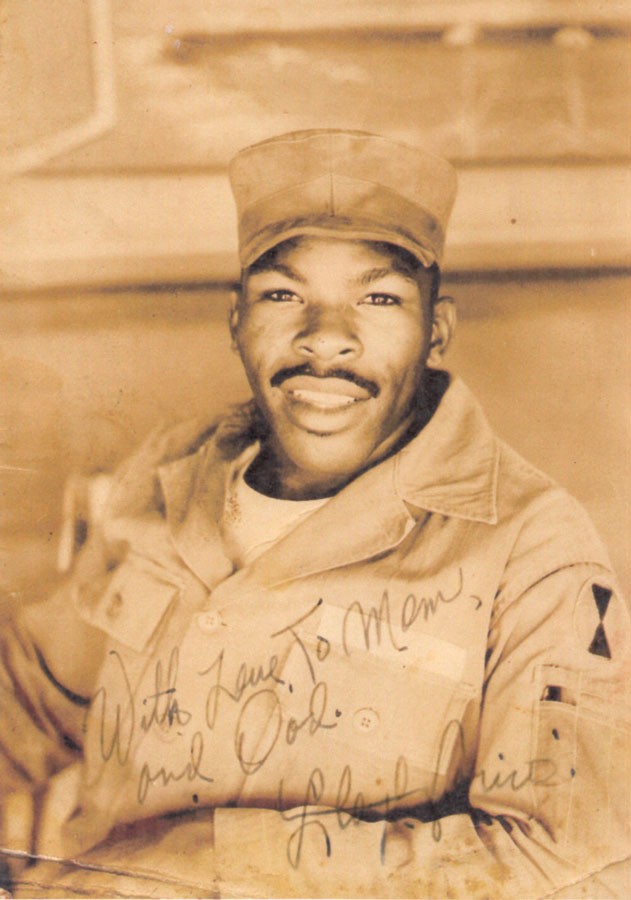As with last year‘s Veterans Day show, this year’s features music from New Orleans area musicians who served in the military. One way perhaps to reduce the chance of war in the future is to give respect to the lives of people who we send off to fight. Whether these musicians saw combat or not, their service in the military often came with a price, some times to their careers. Veterans Day used to be Armistice Day — a celebration of peace. Here’s the link to Veterans for Peace who seek to reclaim this day’s purpose.
This show also features an interview with Kevin Clarke, Grammy winning trumpet player with the New Orleans Nightcrawlers, talking about his friendship with Al Hirt who served in the U.S. Army during World War II.
I start the show with a cover of Blind Lemon Jefferson’s “Wartime Blues” and then flow into Lee Dorsey’s “Gotta Find a Job” to kick off the first full set of music. While serving on a Navy destroyer during World War II, Dorsey was injured by a Japanese fighter plane attack. After leaving the military, Dorsey returned to New Orleans and learned auto body repair with funding provided by the G.I. Bill. Despite his music success, he continued to work at his shop through most of his life.
R&B pianist and Army band leader Paul Gayten follows with “Nervous Boogie.” Lloyd Price, whose career was short circuited when he was drafted and sent to Korea, offers up “Chee Koo Baby.” Dale Hawkins, who lied about his age and served during the Korean War, sings “Suzie-Q” (yes, the song that later would be a hit for Creedence Clearwater Revival) and Ellis Marsalis, a Marine, delivers “Just Squeeze Me (But Don’t Tease Me)”
The next set is dedicated to saxophonist Herb Hardesty who was a member of the famed 99th Flying Squadron better known as the Tuskegee Airman – the first African American squadron to be deployed overseas during World War II. You’ll hear him play baritone saxophone on Fats Domino’s “Blue Monday” and tenor on a couple of other Domino songs featuring his solos. The set starts with his original song “Just a Little Bit of Everything.”
Then Kevin Clarke, who won a grammy this year for his performance with the New Orleans Nightcrawlers’ album Atmosphere, talks about making a point to befriend Al Hirt when he first moved to New Orleans in the 1990’s. As part of Clarke’s reminiscence, you’ll hear “Java,” the theme from the “Green Hornet” and “Cornet Chop Suey.”
The next set highlights the Navy service of Art and Charles Neville with Art’s “Let’s Rock” along with The Meters “The World is a Bit Under the Weather. Leo Neocentelli served during the Vietnam War but returned in time to contribute his guitar licks to The Meter’s groove. Two Neville Brother songs follow that.
Willie Durisseau is far from a household name but he was an active Cajun fiddler in the 1930’s performing at House Dances, known in French as bals de maison, held in small towns in the Arcadiana area of Louisiana. But thanks to Louis Michot, with Lost Bayou Ramblers and Corey Ledet, he was recorded playing the fiddle at age 101. He also served our country and fought in Okinawa – the largest amphibious landing in the Pacific theater of World War II. Other veterans in that set include Clarence “Gatemout” Brown, Eddie Bo, Rockin’ Tabby Thomas, Chuck Carbo and Derrick Moss’ Soul Rebels (Derrick served in the Air Force Reserves).
Also in this week’s show: Dave Bartholomew, Al “Carnival Time” Johnson, Allen Toussaint and Robert “Bumps” Blackwell (who was stationed at nearby Fort Lewis)– all veterans.
I finish with a couple of songs focused on peace, most notably Louie Ludwig’s “World Without War.” Thanks for listening. Please subscribe.











